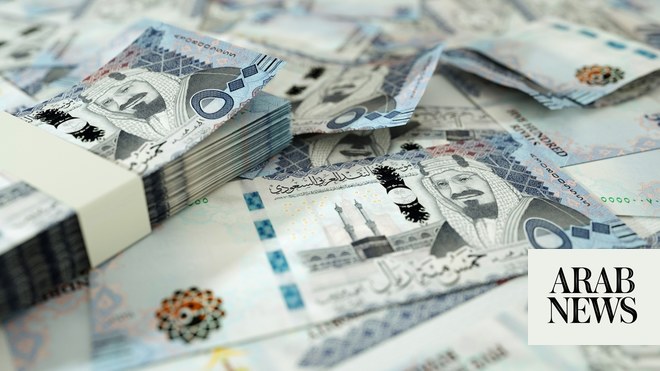IMF approves $820 million payment to Egypt after third review of extension plans
Riyadh: IMF approves payment of about $820 million to Egypt after third review of country's extension deal completes
The International Monetary Fund approved an $8 billion bailout package for African countries in March after the Gaza crisis hit their economies hard, causing tourism to slow and revenue from the Suez Canal to halve due to attacks on shipping in the Red Sea in Yemen.
The deal comes under the Extended Fund program, a program designed to help countries with serious medium-term balance of payments problems resulting from structural issues that take time to resolve. Egypt's 46-month Extended Fund deal was approved on December 16, 2022.
The international organization said Egypt has made significant progress in its efforts to stabilize its economy, although inflation remains high, but is gradually declining, with a flexible exchange rate regime remaining at the heart of the program, the IMF said in a press release.
Since the first and second joint reviews in March, Egypt has seen improvements in macroeconomic conditions, inflation has decreased, foreign exchange shortages have been addressed, and fiscal targets, including those related to infrastructure spending, have been achieved.
“These improvements are starting to have a positive effect on investor and private sector confidence,” the IMF added.
Maintaining flexible exchange rates and a free foreign exchange regime are essential to prevent external imbalances, while central banks must take a data-driven approach to further reduce inflation.
The fund said continued fiscal rebalancing would help manage public debt, while efforts to boost domestic revenues and contain fiscal risks from the energy sector would ensure adequate resources were available. Such assistance is needed for essential spending on health and education, creating fiscal space for increased social spending to support vulnerable groups.
“Although there has been some progress in major structural reforms, more efforts are still needed to implement state ownership policies,” the release added.
Increasing financial sector resilience, improving regulatory approaches and increasing competition in the banking sector should be priorities as they are essential to driving Egypt's private sector-led growth, creating jobs and opportunities for all.
IMF Deputy Managing Director and Acting President Antonette M. Sayeh said the reforms are delivering positive results by consolidating exchange rate and monetary policy tightening, reducing speculation and slowing price growth.
Sayeh said: “Policy decisions are expected to help maintain macroeconomic stability. The continued transition to a flexible exchange rate regime and a free foreign exchange system, continued implementation of tight monetary policies, and further fiscal adjustments, along with the appropriate implementation of the public investment monitoring and control framework, should support internal and external balance.”
She added that allocating part of the funds from the Ras el-Hague agreement to reserves and debt reduction would provide additional cushion against the impact.
In February, a private group led by ADQ, the Abu Dhabi-based state investment fund, signed a deal with Egypt to invest $35 billion in Ras el-Hegma, a Mediterranean coastal area 350 km northwest of Cairo, the largest foreign direct investment in Egypt's history.
Looking ahead, IMF officials said that pursuing a structural reform agenda is essential for inclusive and sustainable growth. Increasing tax revenues, improving debt management and using assets to reduce debt will allow for more productive spending, including targeted social spending.
Restoring energy prices to break-even levels by December 2025 is essential for reliable energy supply and sector balance. Improving supervision of state-owned banks, promoting state ownership policies, increasing fiscal transparency and leveling the economic playing field are essential for attracting private sector investment.
“Risks remain high. Regional conflicts and uncertainty over the duration of disruptions to trade in the Red Sea are key sources of external risk,” Sayeh said.
She added, “Appropriate macroeconomic policies, including a flexible exchange rate regime, will ensure economic stability. Making significant progress with the structural reform program will significantly improve growth prospects. Prudent management of capital inflows is also important to control potential inflationary pressures and limit risks from future external pressures.”
